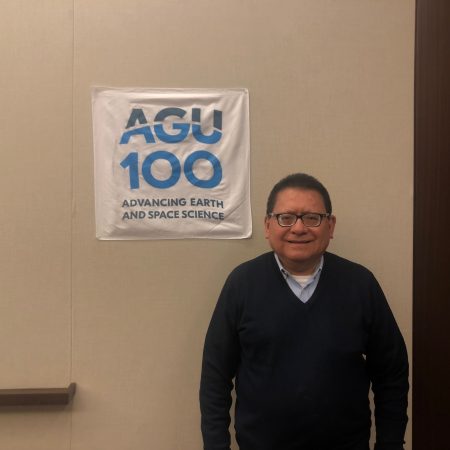Refine
Date Range Clear
Recorded by Clear
Keywords Clear
Partnerships Clear
- No matching terms.
Organizations Clear
- American Geophysical Union 34
- National Aeronautics and Space Administration 9
- The American Geophysical Union 4
- American Geopysical Union 2
- NASA 2
- 11 more
Places Clear
Languages Clear
- No matching terms.
Initiatives Clear
- No matching terms.
While many of the interviews at the conference were with experienced professionals with a career spanning several decades, this interview is with a young up-and-coming PhD student who traveled all the way from the Philippines to attend her first AGU...
Lori Glaze, Acting Director of the Planetary Science Division at NASA Headquarters, works with everything from understanding asteroid trajectories and material make up to the InSight mission which recently landed a rover on Mars. It’s no exaggeration to say Lori...
Krystal Yhap’s interest in urban water resource management was sparked by the conversations around water safety in Flint, MI. She’s now a graduate assistant at the University of Maryland studying the water system in San Francisco. She talks about her...
Chris Atchison didn’t set out to create a project tailored for students with physical and sensory disabilities but ending up doing so anyway. He talks here about working on a virtual reality project and, when trying to find students who...
David Young, Director of Science at NASA Langley Research Center, discusses his life's work studying the earth's climate. After an early interest in astrophysics, he focused in on earth science due to his desire to do research to help humans....
Michael Freilich, Director of NASA's Earth Science Division, shares about his life studying the oceans and Earth as a system. While still in his high school's oceanography club, he started exploring a question about how waves move that later became...
It took 21 years for Trevor McDougall to leave Australia, but when he did, he was on a plane headed to the University of Cambridge and a masters and Ph.D. in Oceanography. Besides the life-changing event of going from one...
Woody Turner, the program scientist for biological diversity and manager for ecological forecasting programs at NASA, and one of the few people in the world who directly harness the power of space to solve a whale of a problem –...
Sprites are electrical discharges like lightning, but up in the middle atmosphere. Having only been in the scientific literature since the 1990s, sprites captured Geoff McHarg’s imagination while observing the Aurora in Alaska. Perfect for a guy whose view of...
A picture may be worth a thousand words, but Andi Brinn Thomas is dealing with thousands of pictures of the world. The Image Data Scientist in the Earth Science and Remote Sensing Unit within the Astromaterials Research Exploration and Science Division...
William Putman, research meteorologist with NASA , was always fascinated by the way meteorologists on television could predict what was going to happen. But instead of comparing weather reports with the blowing of the trees outside his house, Putman now...
Kenneth Jucks, Program Manager for the Upper Atmosphere Research Program at NASA Headquarters, has gone from launching weather balloons, what he calls a “poor man’s satellite” to take measurements up to 25 miles above the Earth’s surface, to managing five...
Louise Prockter knows a thing or two about logistics and planning. When the first image of the unseen hemisphere of Mercury popped onto the screen during a flyby mission, her first thought was, "oh thank God, it's in the middle...
The start of a fruitful career for Richard Eckman was being on a team which discovered that the stratosphere and ozone varied in relation to the sun’s 27-day rotation. Eckman, who now works with NASA’s Atmospheric Composition Modeling and Analysis...
This Sao Paolo, Brazil based senior space research scientist is best known for explaining geomagnetic storms. In 2017, he received an AGU prize for “cutting-edge work” on space weather and processes. He remembers being a UC Berkeley graduate student in...
Daniel Minguez, a geophysicist for Chevron, helps create new geologic models of the earth’s layers, trying “to build geologic stories for how different geologic elements got there.” Daniel discusses his work which focuses on boring techniques and navigating plate tectonics....
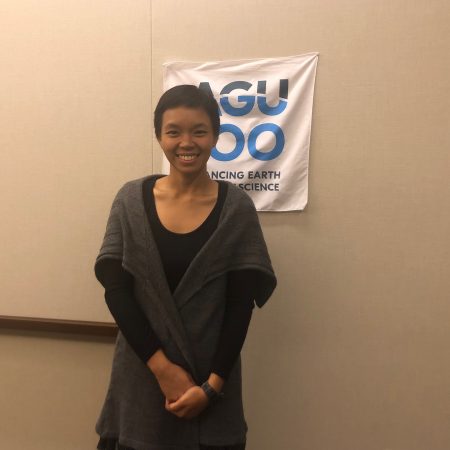

![“I'd love to see more collaboration happen and [it is] integral in terms of science working in the future.” An interview with Krystal Yhap](https://archive.storycorps.org/uploads/2019/07/Headshot-KYhap-450x450.jpg)
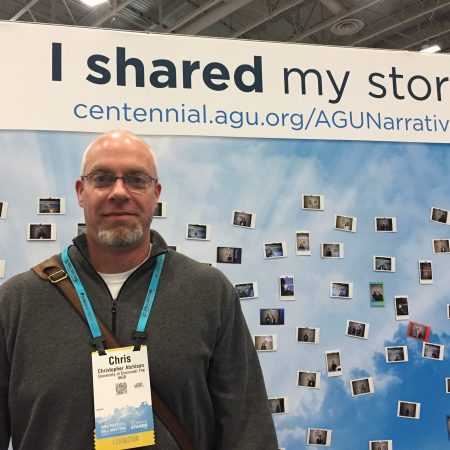

!["I joined an Oceanography club & actually asked the question that ended up [being] my thesis." an interview with Michael Freilich](https://archive.storycorps.org/uploads/2019/02/181212_Freilich-450x450.jpg)
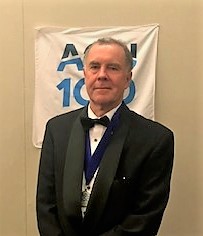


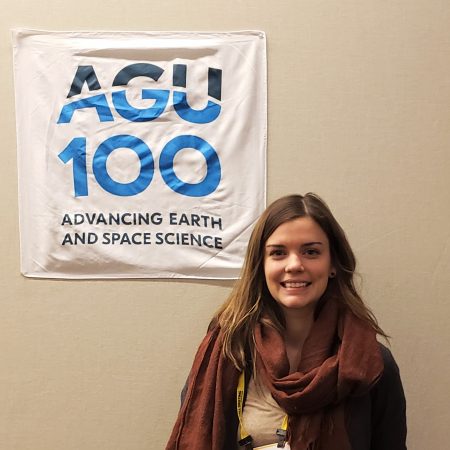
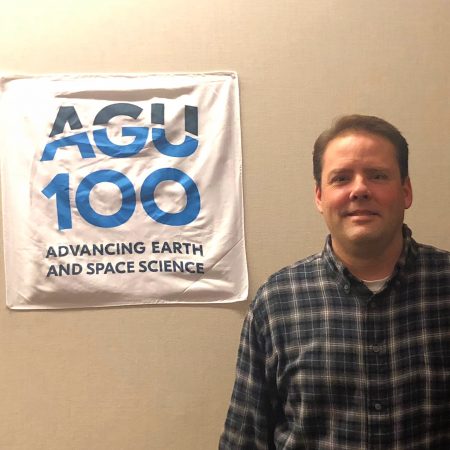
![“[The Montreal Protocol] is one of the few areas where the international community really came together." an interview with Kenneth Jucks](https://archive.storycorps.org/uploads/2019/01/181210_Jucks-1-450x450.jpg)


